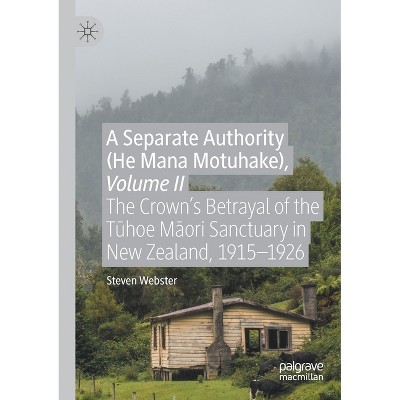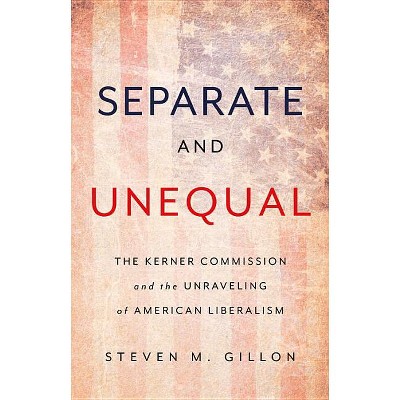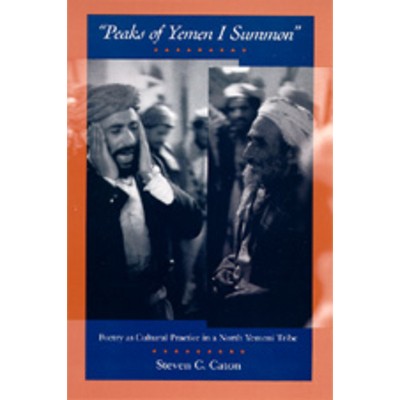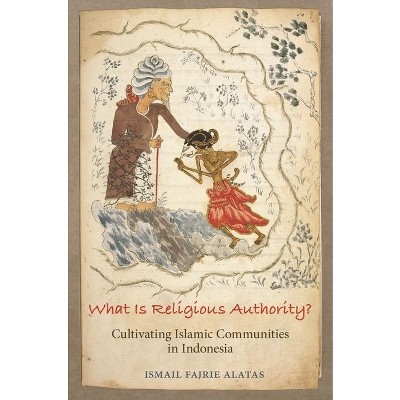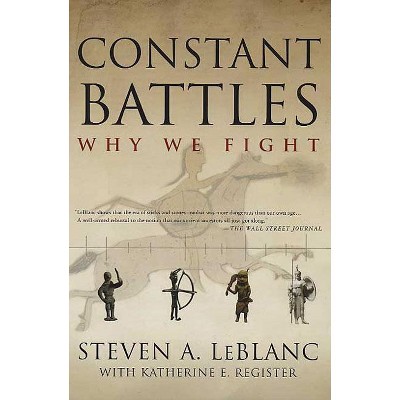A Separate Authority (He Mana Motuhake), Volume I - by Steven Webster (Paperback)

About this item
Highlights
- This book is an ethnohistorical reconstruction of the establishment in New Zealand of a rare case of Maori home-rule over their traditional domain, backed by a special statute and investigated by a Crown commission the majority of whom were Tūhoe leaders.
- About the Author: The resistance of the Tūhoe Māori of New Zealand to colonisation began more than century before the final return of their sanctuary in the Urewera mountains by the Crown in 2014.
- 402 Pages
- Social Science, Anthropology
Description
Book Synopsis
This book is an ethnohistorical reconstruction of the establishment in New Zealand of a rare case of Maori home-rule over their traditional domain, backed by a special statute and investigated by a Crown commission the majority of whom were Tūhoe leaders. However, by 1913 Tūhoe home-rule over this vast domain was being subverted by the Crown, which by 1926 had obtained three-quarters of their reserve. By the 1950s this vast area had become the rugged Urewera National Park, isolating over 200 small blocks retained by stubborn Tūhoe "non-sellers". After a century of resistance, in 2014 the Tūhoe finally regained statutory control over their ancestral domain and a detailed apology from the Crown.From the Back Cover
"Tūhoe mana motuhake vs the force of New Zealand colonialism. This is a patient and perceptive work unraveling stratagems of contrasting ambition so we may comprehend the cultural instincts of 1890-1920 Aotearoa. Dr. Webster proves his deep understanding of kinship dynamics, hapū politics and the Tūhoe passion for autonomy."
--Tāmati Kruger, Representative in the Tūhoe Te Uru Taumatua, New Zealand
The resistance of the Tūhoe Māori of New Zealand to colonisation began more than century before the final return of their sanctuary in the Urewera mountains by the Crown in 2014. In Volume I of A Separate Authority (He Mana Motuhake), Steven Webster provides an ethnohistorical reconstruction of the establishment in New Zealand of a rare case of Maori home-rule over their traditional domain, backed by a special statute and investigated by a Crown commission, the majority of whom were Tūhoe leaders. This relatively benevolent colonial policyenabled the Tūhoe to control the establishment of their vast Native Reserve in a way that entrenched their social organisation, particularly their traditional deployment of kin-based power, while at once manipulating the power of the Crown to their joint advantage from 1894 to 1908. In Volume II, Webster documents how this same form of resistance enabled the Tūhoe to withstand predatory Crown policies between 1908 and 1926, thereby retaining remnants of their ancestral sanctuary--which later became the basis upon which they won statutory control of the territory.
About the Author
The resistance of the Tūhoe Māori of New Zealand to colonisation began more than century before the final return of their sanctuary in the Urewera mountains by the Crown in 2014. In Volume I of A Separate Authority (He Mana Motuhake), Steven Webster provides an ethnohistorical reconstruction of the establishment in New Zealand of a rare case of Maori home-rule over their traditional domain, backed by a special statute and investigated by a Crown commission, the majority of whom were Tūhoe leaders. This relatively benevolent colonial policy enabled the Tūhoe to control the establishment of their vast Native Reserve in a way that entrenched their social organisation, particularly their traditional deployment of kin-based power, while at once manipulating the power of the Crown to their joint advantage from 1894 to 1908. In Volume II, Webster documents how this same form of resistance enabled the Tūhoe to withstand predatory Crown policies between 1908and 1926, thereby retaining remnants of their ancestral sanctuary--which later became the basis upon which they won statutory control of the territory.
In both volumes of A Separate Authority (He Mana Motuhake), Webster takes the stance of an ethnohistorian: he not only examines the various ways control over the Urewera District Native Reserve (UDNR) was negotiated, subverted or betrayed, and renegotiated during this time period, but also focuses on the role of Māori hapū, ancestral descent groups and their leaders, including the political economic influence of extensive marriage alliances between them. The ethnohistorical approach developed here may be useful to other studies of governance, indigenous resistance, and reform, whether in New Zealand or elsewhere.
Shipping details
Return details
Trending Non-Fiction






